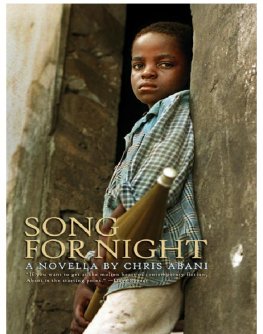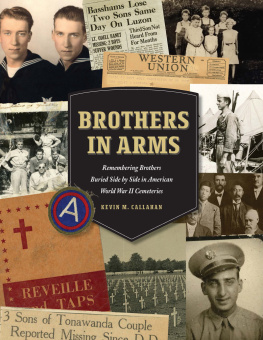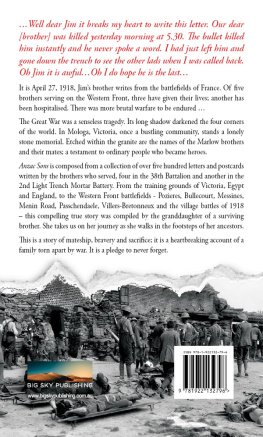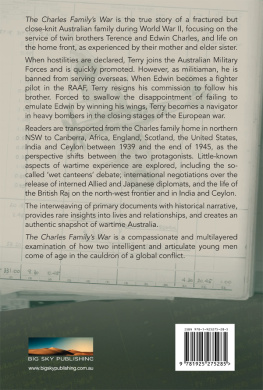The Notebook / The Proof / The Third Lie
Three Novels by Agota Kristof
Grove Press
NEW YORK
This collection 1997 by Grove/Atlantic, Inc.
The Notebook 1986 by Editions du Seuil English translation 1988 by Alan Sheridan
The Proof 1988 by Editions du Seuil English translation 1991 by David Watson
The Third Lie 1991 by Editions du Seuil English translation 1996 by Marc Romano
The author would like to thank the Pro Helvetia Foundation for its support in the writing of this book. Original French titles in chronological order: Le grand cahier, La Preuve, Le Troisime Mensonge.
All rights reserved. No part of this book may be reproduced in any form or by any electronic or mechanical means, or the facilitation thereof, including information storage and retrieval systems, without permission in writing from the publisher, except by a reviewer, who may quote brief passages in a review. Any members of educational institutions wishing to photocopy part or all of the work for classroom use, or publishers who would like to obtain permission to include the work in an anthology, should send their inquiries to Grove/Atlantic, Inc., Broadway, New York, NY 10003.
Printed in the United States of America
Library of Congress Cataloging-in-Publication Data
Kristof, Agota.
[Novels, English, Selections]
The notebook ; The proof ; The third lie : three novels / by Agota Kristof.
p. cm. ISBN 0-8021-3506-4
Sheridan, Alan. II. Watson, David. III. Romano, Marc. IV. Title. V. Title: Proof. VI. Title: Third lie. PQ267.R55A28 1997 843'.914 dc21 97-14269
Design by Laura Hammond Hough Grove Press
an imprint of Grove/Atlantic, Inc.
Broadway
New York, NY 10003
Distributed by Publishers Group West www.groveatlantic.com
09 12 11 12 10 9 8 7 6 5 4 3
CONTENTS
The Notebook
Translated by Alan Sheridan
Arrival at Grandmother's
We arrive from the Big Town. We've been traveling all night. Mother's eyes are red. She's carrying a big cardboard box, and the two of us are each carrying a small suitcase containing our clothes, plus Father's big dictionary, which we pass back and forth when our arms get tired.
We walk for a long time. Grandmother's house is far from the station, at the other end of the Little Town. There are no trams, buses, or cars here. Just a few army trucks driving around.
There aren't many people in the streets. The town is very quiet. Our footsteps echo on the pavement; we walk without speaking, Mother in the middle, between the two of us.
When we get to Grandmother's garden gate, Mother says:
"Wait for me here."
We wait for a while, then we go into the garden, walk around the house, and crouch down under a window where we can hear voices. Mother's voice says:
"There's nothing more to eat at home, no bread, no meat, no vegetables, no milk. Nothing. I can't feed them anymore."
Another voice says:
"So you've remembered me. For ten years you didn't give me a thought. You never came. You never wrote."
Mother says:
"You know why. I loved my father."
The other voice says:
"Yes, and now you remember that you also have a mother. You come here and ask me to help you."
Mother says:
"I'm not asking anything for myself. I just want my children to survive this war. The Big Town is being bombed night and day, and there's no food left. All the children are being evacuated to the country, with relatives or with strangers, anywhere."
The other voice says:
"Then send them to strangers, anywhere."
Mother says:
"They're your grandsons."
"My grandsons? I don't even know them. How many are there?"
"Two. Two boys. Twins."
The other voice asks:
"What have you done with the others?"
Mother asks:
"What others?"
"Bitches have four or five puppies at a time. You keep one or two and drown the others."
The other voice laughs loudly. Mother says nothing, and the other voice asks:
"They have a father, at least? You aren't married, as far as I know. I wasn't invited to any wedding."
"I am married. Their father is at the front. I haven't had any news of him for six months."
"Then you can put a cross over him."
The other voice laughs again. Mother starts crying. We go back to the garden gate.
Mother comes out of the house with an old woman.
Mother says to us:
"This is your Grandmother. You'll be staying with her for a while, till the end of the war."
Grandmother says:
"It could last a long time. But I'll put them to work, don't you fret. Food isn't free here either."
Mother says:
"I'll send you money. Their clothes are in the suitcases. And there are sheets and blankets in the box. Be good, you two. I'll write you."
She kisses us and goes away crying.
Grandmother laughs very loudly and says to us:
"Sheets and blankets! White shirts and patent leather shoes! I'll teach you what life is about!"
We stick our tongues out at Grandmother. She laughs even louder and slaps her thighs.
Grandmother's House
Grandmother's house is five minutes' walk from the last houses in the Little Town. After that, there is nothing but the dusty road, soon blocked off by a barrier. It is forbidden to go any further, a soldier is on guard there. He has a machine gun and binoculars, and when it rains, he takes shelter in a sentry box. We know that beyond the barrier, hidden by the trees, there's a secret military base, and beyond the base, the frontier and another country.
Grandmother's house is surrounded by a garden at the bottom of which is a stream, then the forest.
The garden is planted with all sorts of vegetables and fruit trees. In a corner, there's a hutch, a henhouse, a pigsty, and a shed for the goats. We have tried to ride the biggest of the pigs, but it's impossible to stay on.
The vegetables, the fruit, the rabbits, the ducks, and the chickens are sold at market by Grandmother, as well as the hens' and ducks' eggs and the goat cheese. The pigs are sold to the butcher, who pays for them with money, and with hams and smoked sausage too.
There is also a dog to keep away thieves, and a cat to keep away mice and rats. We mustn't give the cat anything to eat so that he's always hungry.
Grandmother also owns a vineyard on the other side of the road.
You enter the house through the kitchen, which is large and warm. A fire burns all day long in the woodstove. Near the window there's a huge table and a corner seat. We sleep on the seat.
From the kitchen a door leads to Grandmother's bedroom, but it's always locked. Only Grandmother goes there, only at night, to sleep.
There's another room, which can be reached without going through the kitchen, directly from the garden. This room is occupied by a foreign officer. Its door is also locked.
Under the house there's a cellar full of things to eat, and under the roof, an attic where Grandmother doesn't go anymore since we sawed away one of the rungs of the ladder and she fell and hurt herself. The entrance to the attic is just above the officer's door, and we get up there by means of a rope. That's where we hide the notebook, Father's dictionary, and the other things we're obliged to conceal.
In short order we make a key that opens all the doors in the house, and we bore holes in the attic floor. With the key we can move freely about the house when nobody's in, and through the holes we can observe Grandmother and the officer in their rooms, without their suspecting.
Grandmother
Grandmother is Mother's mother. Before coming to live in her house, we didn't even know that Mother still had a mother.
We call her Grandmother.
People call her the Witch. She calls us "sons of a bitch."
Next page






